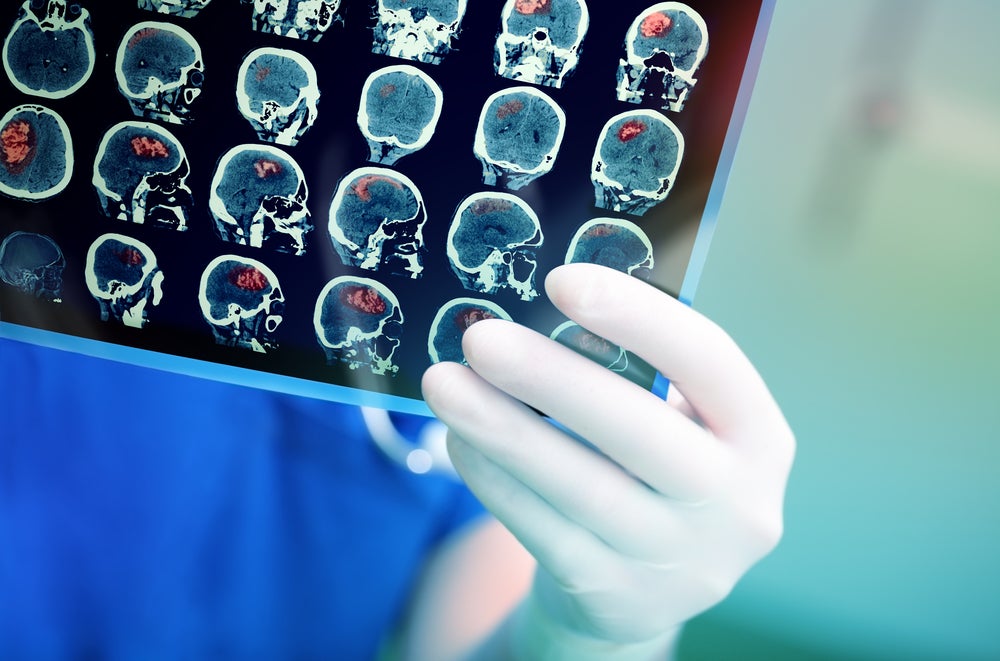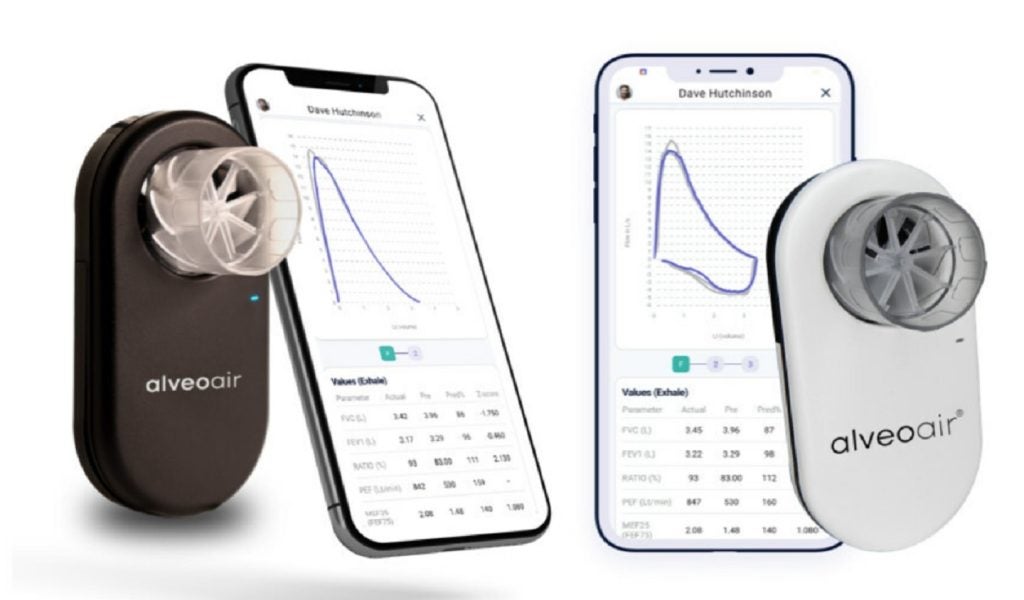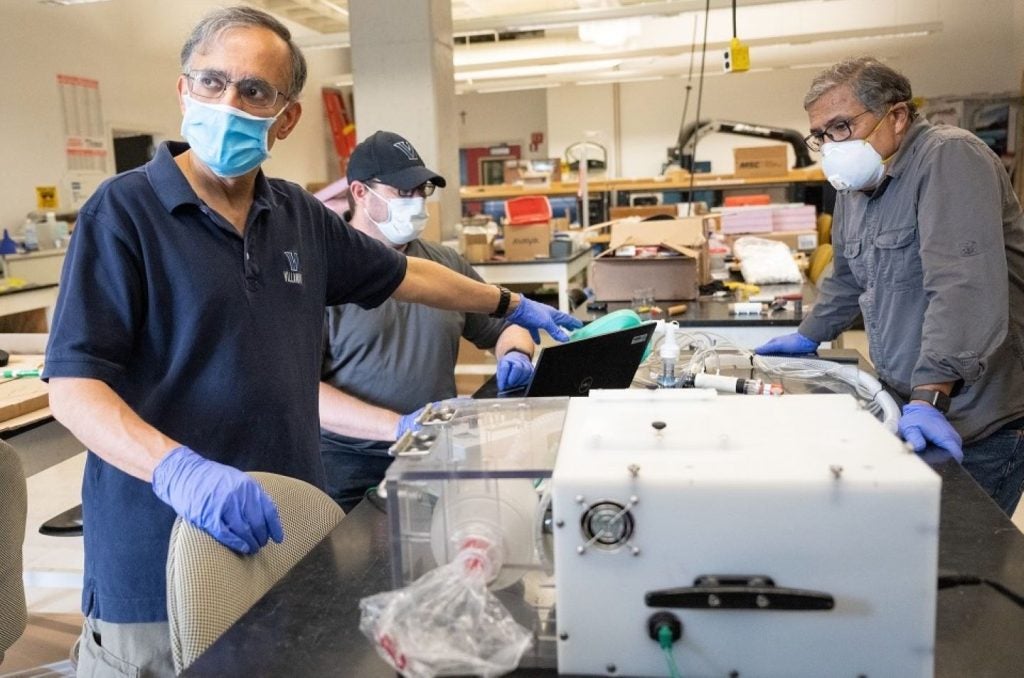Mitsubishi Electric has joined the Okayama University, and Osaka University on a collaborations project to build a magnetic particle imaging device to assess the likelihood of Alzheimer's disease (AD) developing.
The collaborative project is supported by the Japan Agency for Medical Research and Development (AMED) to help combat AD in the country. According to Mitsubishi Electric the number of dementia patients aged 65 and older In Japan is projected to reach 7 million by 2025, with 67.6% of cases attributed to AD.
The magnetic particle imaging device produces an alternating magnetic field generated by a coil to induce magnetic signals from magnetic particles injected into the body creating a three-dimensional image. The device has the ability to work at low frequencies of 1 kHz or less which has never been achieved, meaning it can use a smaller power supply unit.
Using magnetic particles that bind to amyloid-β, one of the indicators of AD, the device can provide imaging of the accumulation and distribution of amyloid-β in the brain. The imaging then holds the potential to detect AD before the patient demonstrates symptoms.
Japan has taken significant steps to address dementia through the enactment of the Dementia Basic Law in June 2023. This law aims to advance efforts in dementia prevention and treatment.
In August, a panel of experts from Japan's Ministry of Health, Labour, and Welfare approved the manufacture and sale of a drug designed to target the accumulation of amyloid-β in the brain—a key factor in the development of AD.
According to the World Health Organization, over 55 million people worldwide currently suffer from AD, the most common form of dementia. The Alzheimer’s Disease International (ADI) believe that number will triple by 2050 as the population continues to age.
















